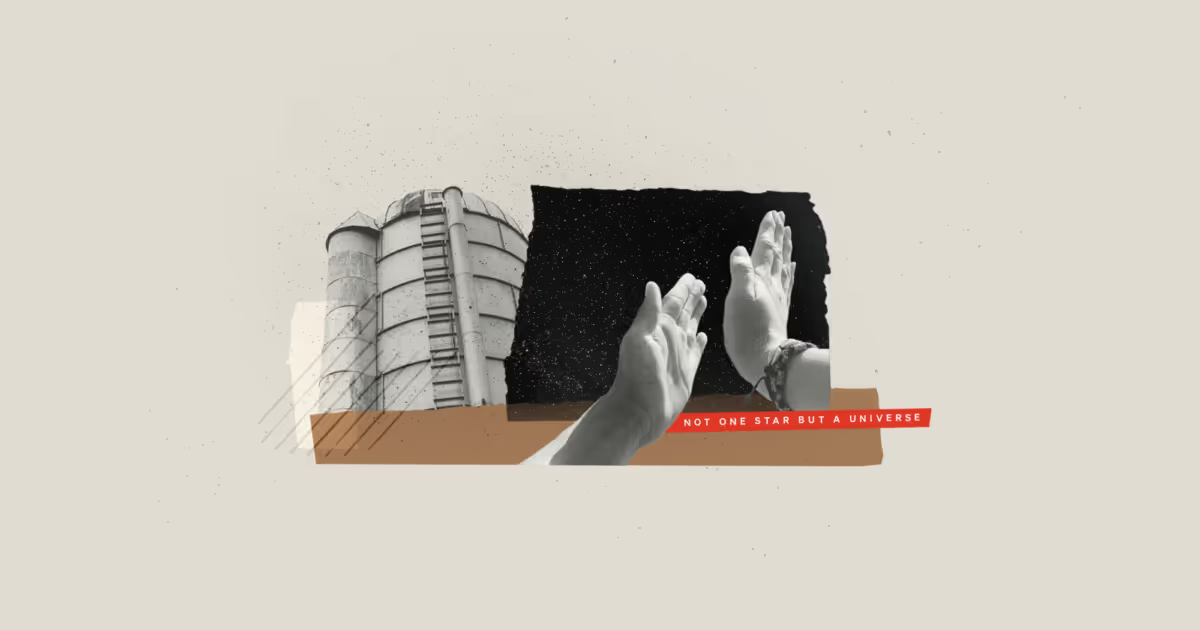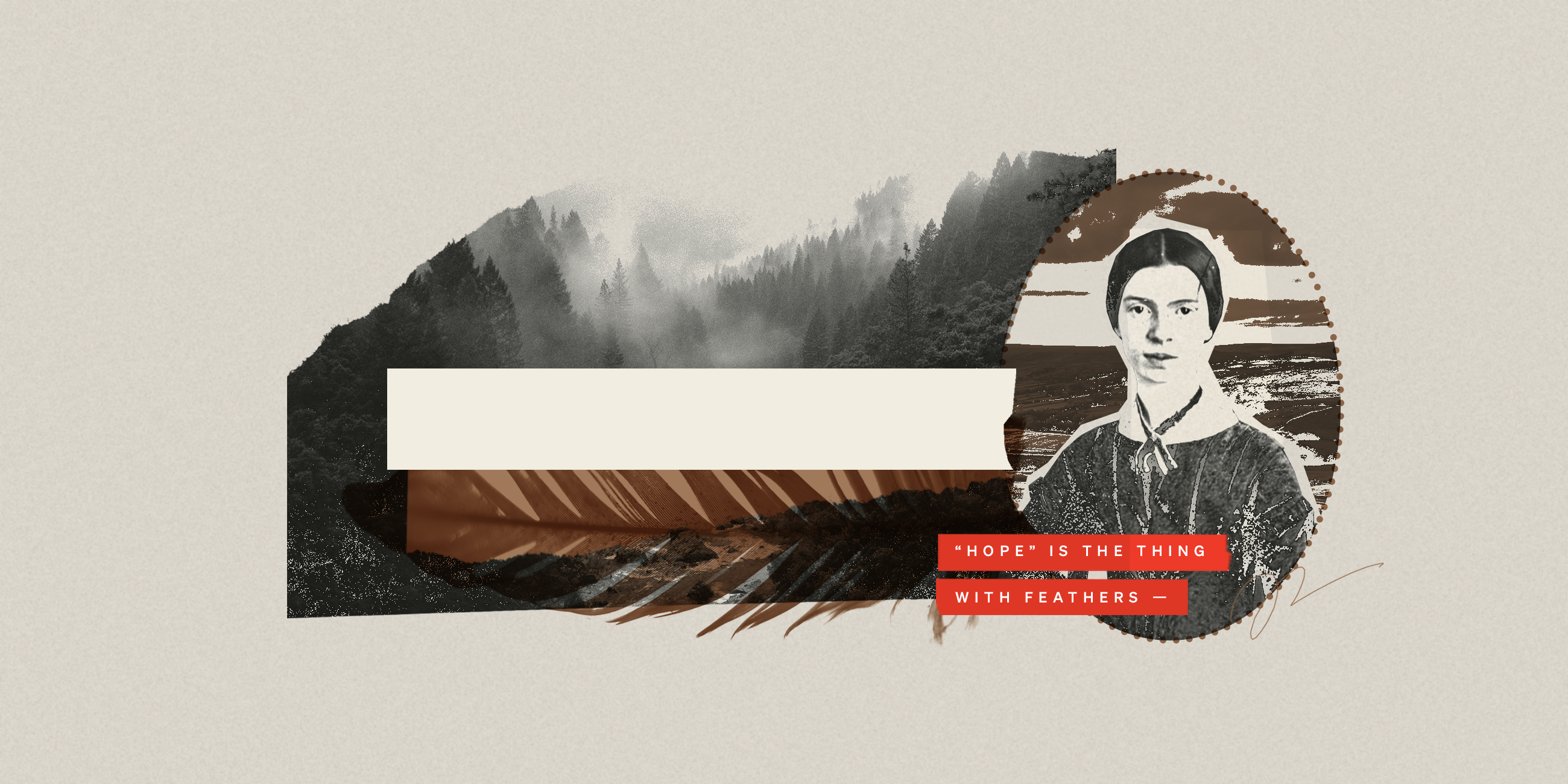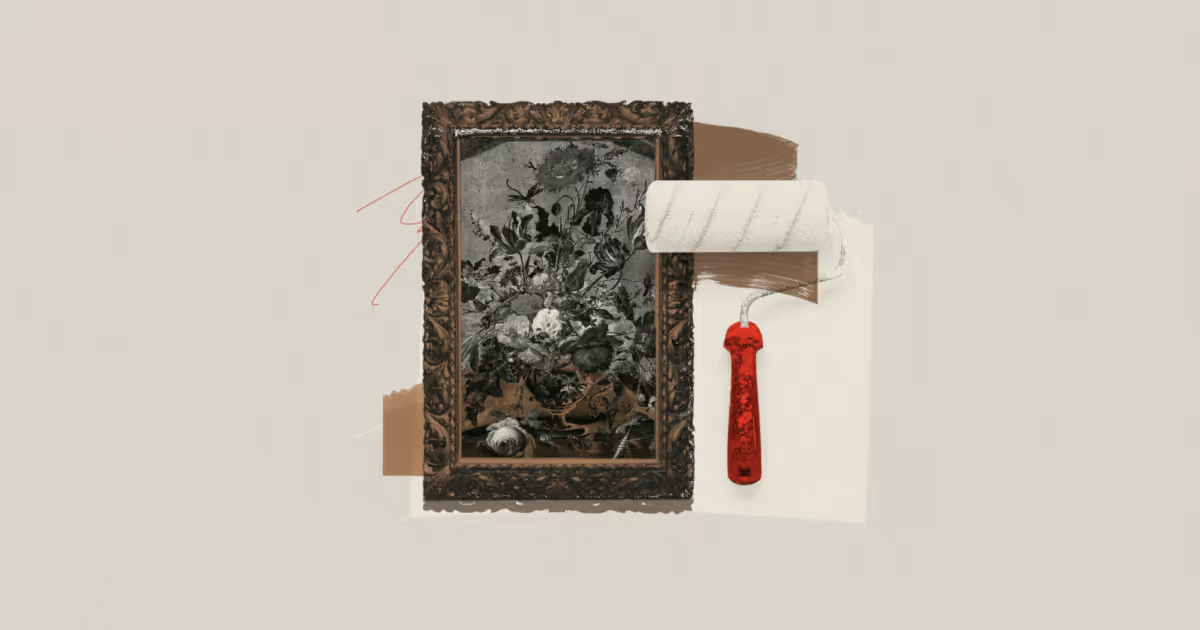Ask yourself, What’s the opposite of a collaborative work environment?
Is it a room full of partitioned desks, all faced in the same direction? A cavernous echo chamber, where all we hear back is the sound of our own voice?
The real answer is less sinister and more familiar.
We’ve all been there. Siloed departments. Discrete roles on our project teams. No incentive — much less time — to brainstorm together and develop ideas. It’s where you’ve found yourself stuck, uninspired, and exhausted. Bereft of ideas, all out of juice.
It’s a grim picture, but a common one. Of course, it doesn’t have to be like this.
{{divider}}
The Focus Lab Way
You might think that if you’re on a team, you’re collaborating. But that’s often not the case. You may be working adjacent to teammates on a project, all endeavoring toward the same goal, but unless your organization has made collaboration a definitive part of your process, you’re probably not doing it — or doing it well.
At Focus Lab, collaboration is not something that happens just because we realize that it’s critical to success (more on that later). It happens because we’ve intentionally structured our projects, our timelines, our workflows, and our expectations to make collaboration a key component of how we work.
It’s like this:
We formally collaborate on deliverables.
Several of our deliverables involve the input or output from multiple teams on the production side — they’re designed that way. Strategists and writers work closely together on differentiation and positioning pieces, while strategists, writers, and designers collab on concepting and direction for one of the earliest design deliverables. Collaboration isn’t incidental here, it’s literally built into how and what we deliver to our clients.
We have internal meetings that are all about collaboration.
Our design team meets regularly to discuss their projects, share their work, and ask for input and help from their colleagues in Design Crit. Concepting meetings are open to anyone on any team — an opportunity for cross-departmental collaboration. And throughout our work week, team members get together for ad hoc jam sessions or brainstorming.
We have other built-in touchpoints and channels that support collaboration.
We’re incentivized to share our work to our Slack project channels mid-week for input and feedback, while individual teams openly collaborate in their department-specific Slack rooms.
We actively celebrate moments of collaboration.
We use most of our open round table time to honor the people on our team who helped us or supported us or got in the muck with us the previous week. We call them out by name and describe that moment of collaboration.
We make a point to collaborate with our clients, too.
If you’re a client, you’ll often hear us frame our working time with you as “collaborative.” We mean it. We create an atmosphere of collaboration with our client teams, setting that expectation at the outset, and then following up by digging in with questions, inviting lots of feedback, and then openly talking through that feedback before moving on to the next round.
{{divider}}
Why’s it So Important?
Collaboration is about more than just team alignment on a project or sharing for visibility — it’s about eliciting fresh ideas for work in progress, being alerted to blind spots or missed opportunities in that work, and strengthening an existing idea or approach.
It’s about getting the best ideas and insights on the table, with the ultimate goal of delivering the highest quality work to a client. When proactive collaboration has been a part of a deliverable’s development, clients can feel assured that it’s an exceptionally qualified deliverable: More has been explored and tested. More questions have been asked and answered. More solutions have been brought to the table — and to bear — on its creation.
And for the deliverers themselves? Well, a good collaborator pulls you out of the pit or gets in there with you. Good collaboration elevates both the work and the person who owns that work, every time.
A note about ownership: We don’t see collaboration as design by committee, and that’s not how it serves us. At the end of the day, every person at Focus Lab is expert enough and empowered enough to do incredible work independently. But we don’t believe in partitions or silos or echo chambers. We believe in bringing our collective talent, expertise, and creativity to every project, for every client.
Brand work isn’t the result of one star but a universe. It’s an exercise in experimentation, shared analysis, and deep trust across our teams. It makes not just our work bigger and brighter, but our team and client relationships, too.





